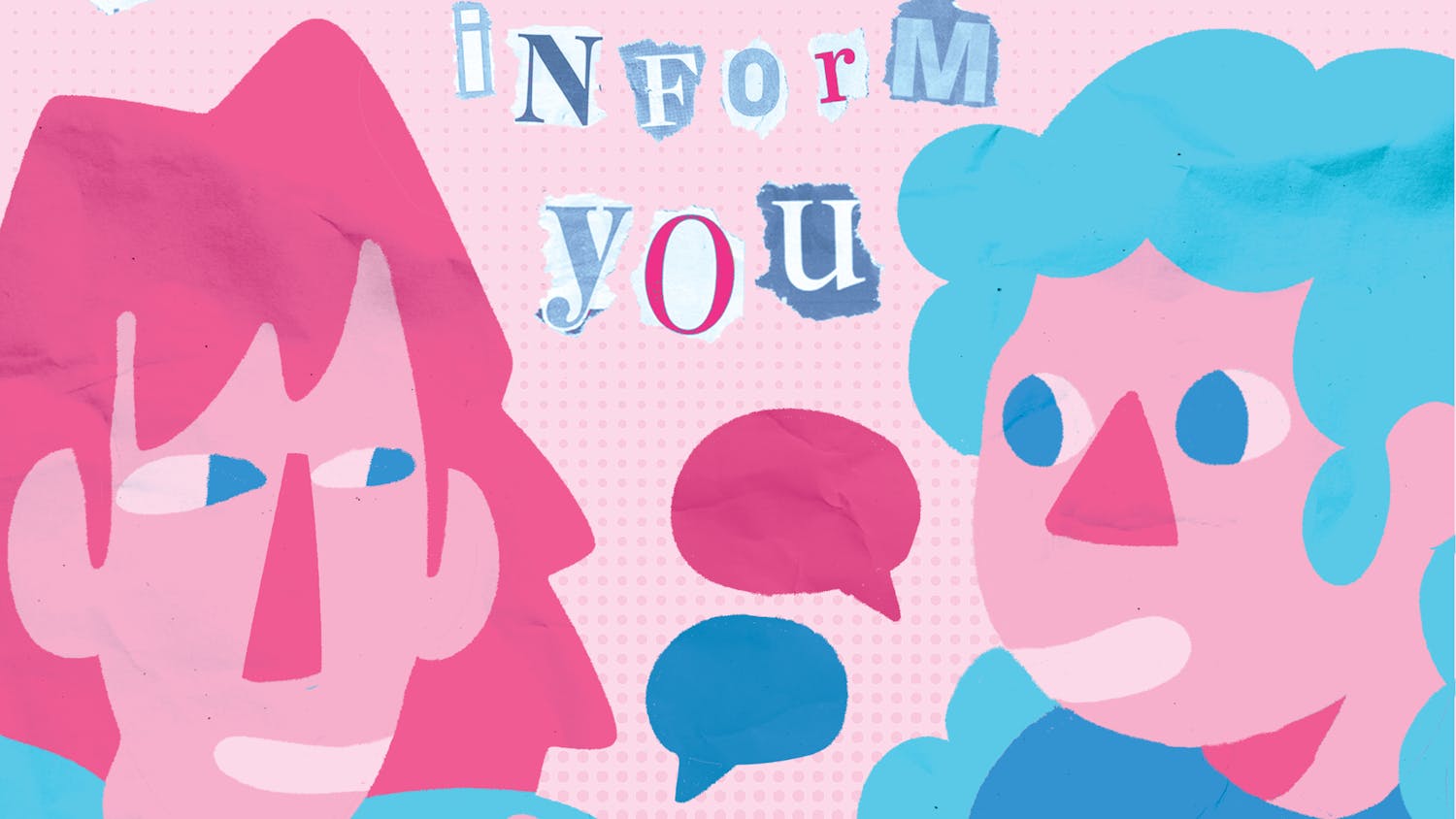Queer history contains some of the most vivid and also unrepresented stories, filled with plenty of interesting characters and events.
Slowly, some aspects of queer history are becoming more prevalent in the mainstream, such as the events portrayed in the ABC mini-series "When We Rise” this year. But there is one place where is queer history devastatingly underrepresented: schools.
Most schools in the United States do not include queer historical events as part of their curriculum, and even limit discussions about the impact many major historical events, such as the Holocaust and the Cold War, had on the LGBTQ+ community. I am a firm believer that public schools should include at least a few mentions of prominent queer figures and historical events in their curriculum because when they don’t, there are concrete consequences.
Let’s discuss why queer history is often not discussed in schools. Of course, many schools have limited time to teach their students and also may have limited control over their curriculum. Both of these factors can make it difficult or even impossible to fit extra topics into the school year. However, other schools may have more control over their curriculum, but still, will not fit in queer history because they feel it is not important enough, or they may fear a potential angry backlash from parents. There have already been plenty of cases of parents getting upset over current queer rights or issues being discussed in their children’s classes, showing that this is a very real and feasible concern.
But there is one major problem with this “concerned parent” argument. Many parents or teachers may say that it is not appropriate to teach children about LGBTQ+ issues and figures because these issues are too “adult.” This argument stems from the harmful idea that everything about queer people is inherently sexual, and thus something dirty that should be kept secret, especially from children. This, of course, is not the case. Queer identity is not only about sex. It is certainly a part of it, but it is not everything, and queer history and issues can certainly be discussed without delving into graphic sexual discussions.
But more than the possible hurdles, it is important that we focus on why it is vital for these issues to be taught in the first place. So many queer kids grow up without an understanding of the history of their community. I, personally, did not begin my queer history education until fairly late, and it was certainly not in a classroom. I did not know who Harvey Milk, the first openly gay U.S. politician to be elected was or what the Stonewall riots were or why they were important until I was about 16. I didn’t know about the history of important pride symbols like rainbows or triangles until I was 17. I learned about AIDS in eighth-grade health class yet somehow did not learn about its exact impact on gay men until I was nearly in college. It was not because I was ignorant or uninterested in these things – I was simply not given adequate opportunities to learn about them. Ultimately, learning about these things were not about gathering trivial facts — it was a vital part of developing my identity and place within the queer community. And while I am certainly glad I eventually did learn about these events and issues, it is not a good thing that it took me so long to do so, and also that I had to learn about them on my own.
I can understand certain topics being censored based on age. An honest discussion of the AIDS crisis, for example, often includes honest discussions of sex, and descriptions of the disease themselves are quite graphic and ultimately better suited to older children. But if children can learn about Martin Luther King, why he was important, and also why he was disliked when they are still in third grade, then I would argue they can certainly learn about the impact made by Harvey Milk and Marsha Johnson. Because ultimately, queer events are not some random “specialty” items that can be ignored; they are important historical events, period, and they should be recognized, not only by queer kids that deserve to openly learn about their community but by all people.
Delaney Murray is a freshman studying journalism with a focus in news and information at Ohio University. Please note that the views and opinions of the columnists do not reflect those of The Post. How would you like LGBT history incorporated into schools? Let Delaney know by emailing her at dm181515@ohio.edu or tweeting her at @delpaulinem.






